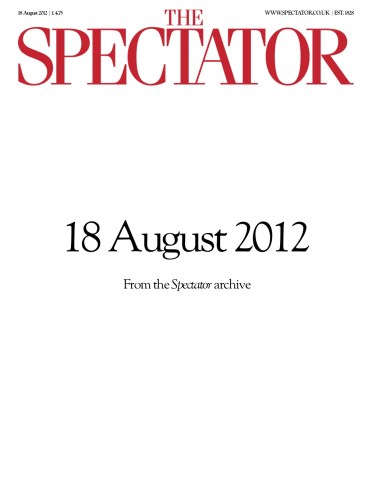A Decade at the Donmar, 2002-2012, by Michael Grandage
Here’s a picture book that triumphantly exceeds the narrow bounds of the coffee-table genre. At £50 it’s hardly an impulse buy, but the photographs, covering Michael Grandage’s ten years in charge of the Donmar Warehouse, are sumptuously reproduced. And Grandage’s text is a revelation. It offers a fascinating glimpse into the mentality of a man







